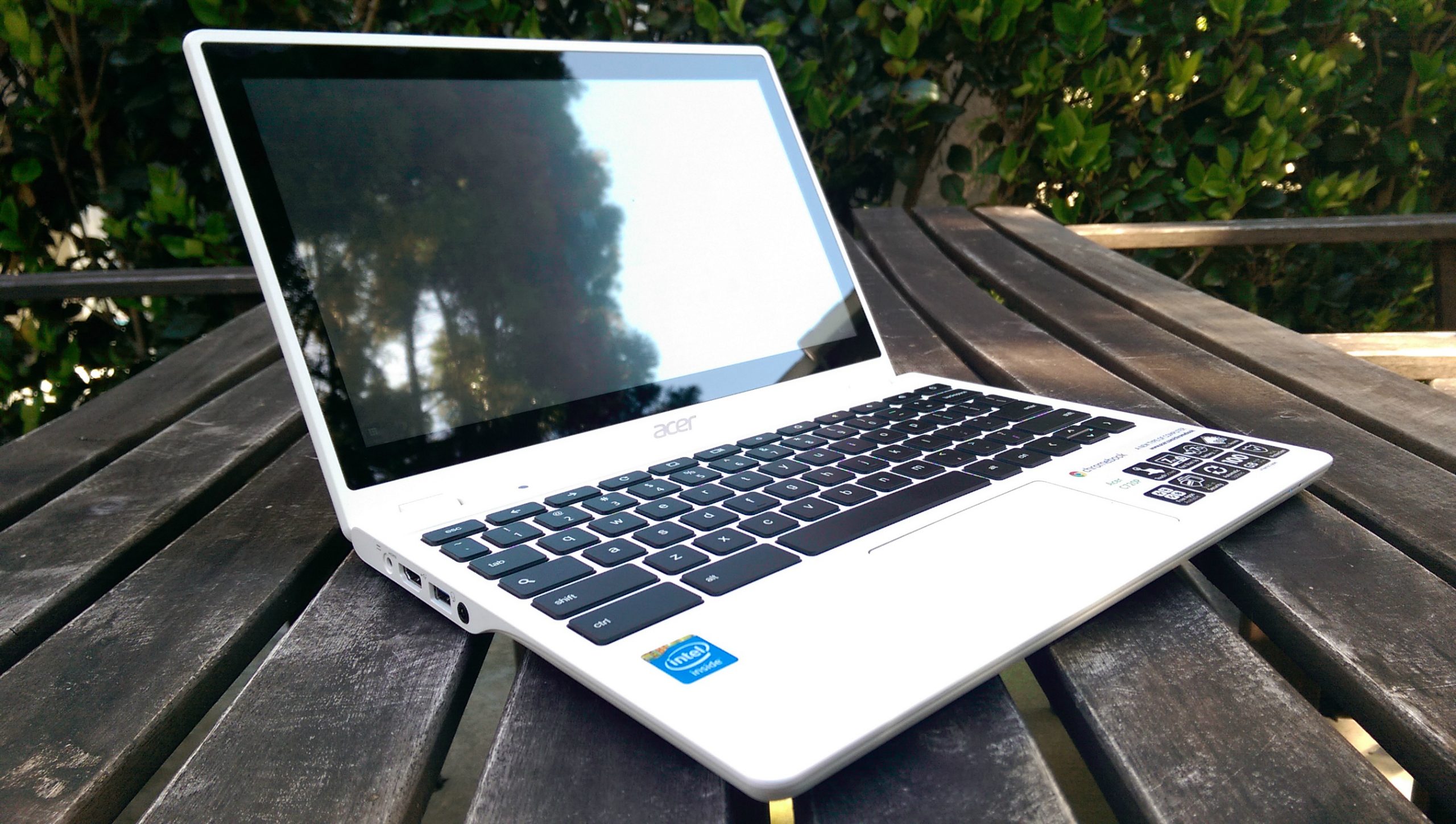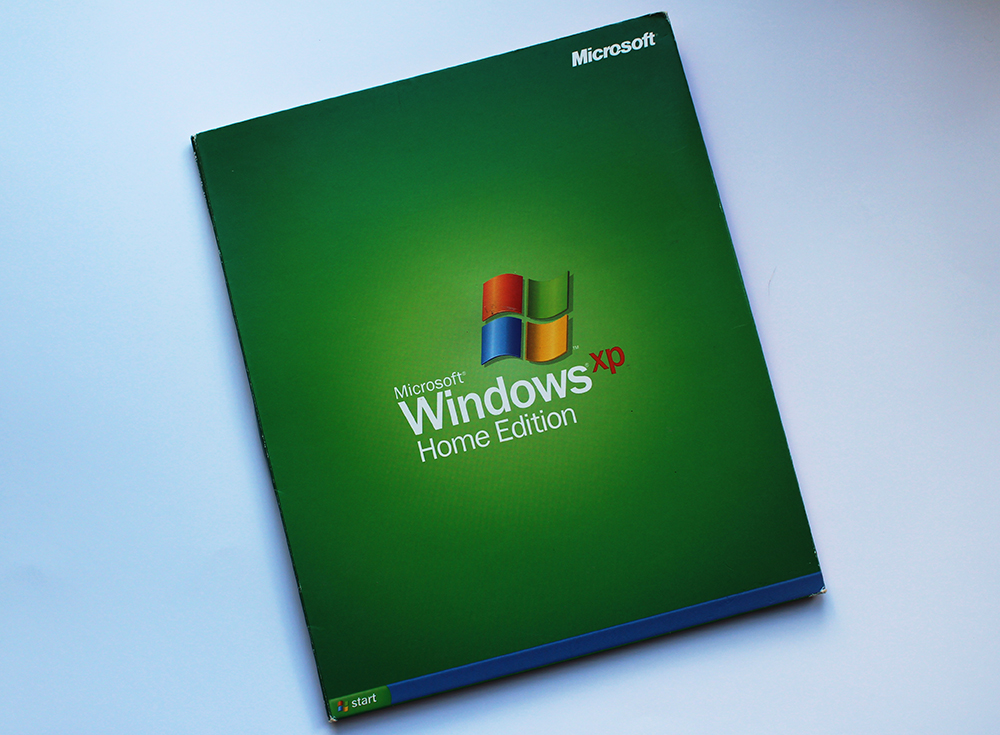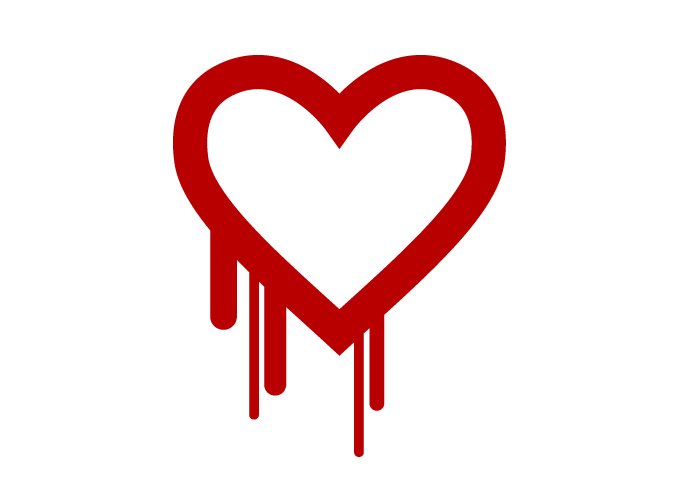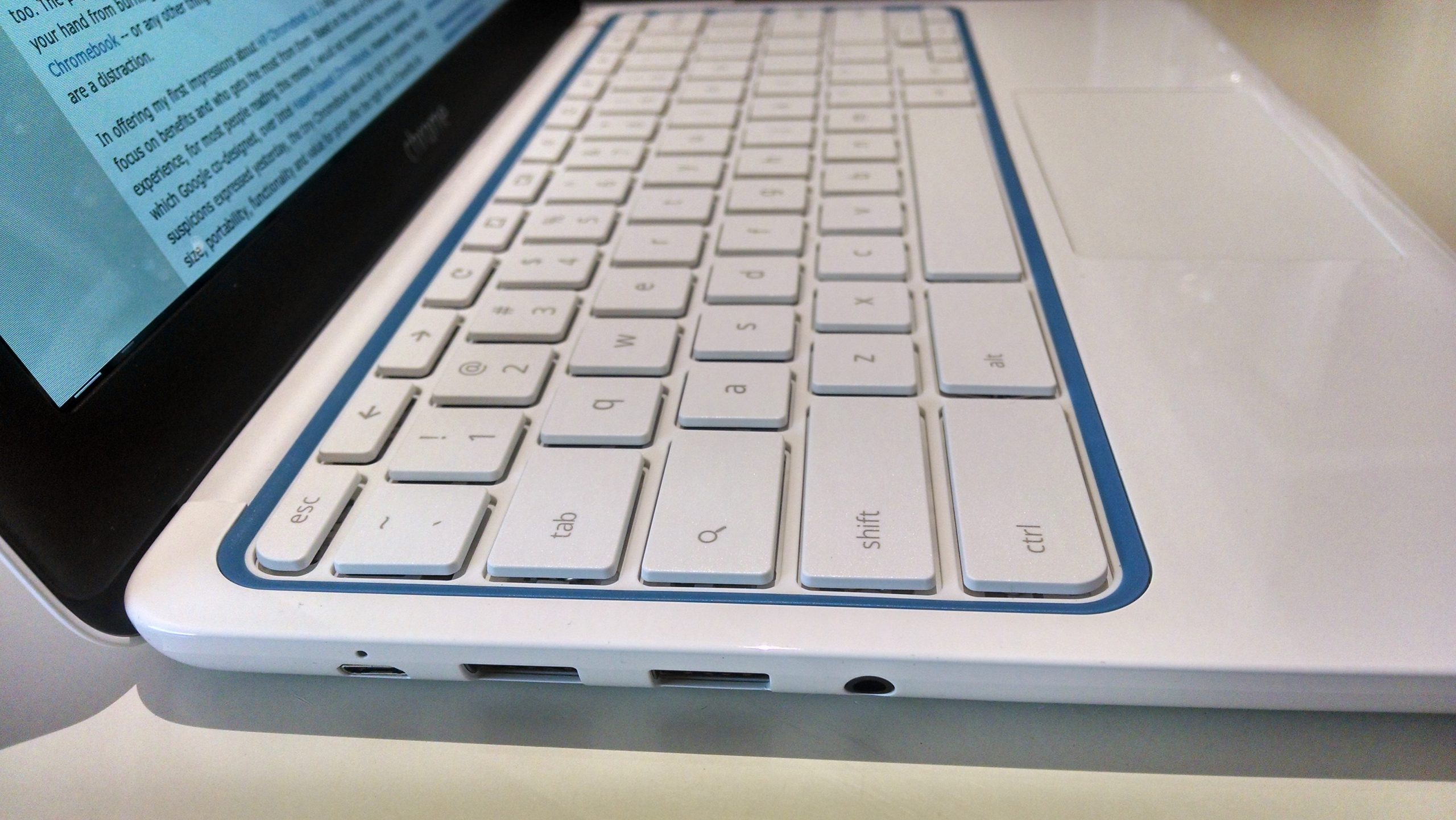
Apple's Beta Seed Program brings beta versions of OS X to public -- is that a bad idea?
The concept of beta software has changed dramatically over the years. It used to be that a "beta" designation meant software was buggy and not ready for production machines. However, companies like Google have desensitized users by keeping software in perpetual beta mode. I mean hell, Google Maps navigation still comes with a notification about being beta, yet many people depend on it for not getting lost.
Apple is a company that does not offer beta software to the public very often. Although, voice-assistant Siri was in beta status when it was first released. In this case, the beta moniker was really used as a way to deflect negativity. I mean, come on, how can one of the biggest selling-points of your new smartphone be beta? Well, Apple is back at it today, as it makes OS X beta software available for testing to all users -- not just developers and employees.

How E-commerce is taking over the world
The internet has been responsible for changing the way we go about many of the tasks in our day-to-day lives. Not least it has changed the way we shop.
Customer experience specialist Baynote has released a new infographic map showing the growth of e-commerce across the world.

Acer C720P Chromebook puts brawn before beauty [review]
I struggle to aptly describe my feelings about Acer's affordable touchscreen Chromebook. The C720P is the lover you keep in the dark, for the benefits, but which you wouldn't be seen with in the daylight. Performance and battery life are wow-worthy. But the plastic exterior looks and feels cheap, and the touchscreen is too dim -- well, for my tastes.
More than two months now using the C720P, I like the computer least of all the Chromebooks to pass my way. I really want to love the laptop, and maybe you will. Perhaps experience using other Chromebooks soils my perception, and I am too quick to compare. That's why I sought, and got, reaction from C720P owners, many of which are more forgiving about appearances for performance benefits. Their responses are essential to this review.

Windows 8.1 business users get Update reprieve
Microsoft has had a rather lax policy when it comes to providing Windows updates, allowing users to receive patches, for a long period of time, even without having the latest service pack applied. That changes with Windows 8.1, as the software giant has revealed installing Update becomes mandatory to apply future updates that will be rolled out starting this May's Patch Tuesday.
This move gives Microsoft more leverage than ever before, as the software giant now has a real chance of convincing Windows 8.1 users to more quickly apply Update. But, businesses, which have had trouble getting Update through WSUS (Windows Server Update Services), are getting a reprieve.

Google Camera goads iPhone
Android phones running stock or manufacturer-installed KitKat 4.4+ get a big photo-shooting upgrade today. Google Camera is now available from the Play store. The app replaces the standard shooter on Nexus devices and places a separate camera app on others. The headline feature: Lens Blur, which does exactly what the name indicates. You shoot the image, and then use the app to either blur the foreground or background. Photographers call the capability "bokeh", and it usually requires a specialized lens on dedicated hardware to produce well. The blurred effect is highly desirable for portraits. Can you say selfie?
Google does what Apple should -- use software development wits to add hardware smarts. This is exactly the kind of thing I would expect from the fruit-logo company first. But that's a number recently missing from the iOS crop. Google is by no means first to offer software blur, but in my testing delivers arguably the best effort. Hell, the new camera app even shames newfangled hardware mechanisms. HTC One M8 uses two lenses and feature UFocus to produce bokeh. In my testing, on The One and Nexus 7, blur is surprisingly comparable.

How to download and install the Windows 8.1 ISO -- using a Windows 8 or 8.1 key
I’ve been asked by a couple of people in the past week how to download the Windows 8.1 ISO file from Microsoft. Downloading the ISO file necessary to install the OS at a later date, or on another system, is very straightforward, although it’s far from obvious. I covered this six months ago, but things have changed and less trickery is involved now.
At the moment the provided ISO file doesn’t contain the recently released Update, so you’ll need to update Windows straight after installation has finished to guarantee you have the latest version.

New CEO ahoy! Mozilla grows a Beard… will balls follow?
Emerging from what it describes as an "unexpected leadership transition", Mozilla announces its new CEO, albeit an interim replacement. The vacancy opened up a couple of weeks ago after the departure of Bendan Eich following outrage from developers that someone opposed to gay marriage should be placed at the head of a company. The pitchfork wielding and flaming torch brandishing mob, got their way as Eich "stepped down".
It's not really clear whether he jumped or whether he was pushed -- what is publicly announced is not necessarily representative of what has taken place behind boardroom doors -- but there's now a new man at the top. Announced with the Mozilla Blog, Chris Beard's appointment is apparently something that had been under consideration for some time: "we began exploring the idea of Chris joining the Board of Directors some months ago." Executive Chairwoman Mitchell Baker described Beard as someone who has "been actively involved with Mozilla since before we shipped Firefox 1.0, he’s guided and directed many of our innovative projects, and his vision and sense of Mozilla is equal to anyone’s".

Windows XP user survey shows little hope for change
Last week was the much talked about XPocalypse, meaning support came to an official end for XP, despite a large number of users, both home and business, still running the operating system. It seems that this setback isn't doing much to daunt those users, either.
Security firm Avast has released a survey it conducted just before April 8th, and results will be disappointing to Microsoft. Many customers plan to stick it out with the aging platform.

The security risks of BYOD -- Amtel [Q&A]
Allowing employees to use their own mobile devices for work has led to a number of new challenges, particularly when it comes to keeping devices and data secure.
We talked to PJ Gupta, CEO of mobile security specialist Amtel about the risks BYOD presents to enterprises and what they can do to ensure they remain safe.

Windows XP upgrades give global PC shipments a (small) boost
IDC and Gartner have released their worldwide PC shipment estimates for the first quarter of 2014 (1Q14), and as expected they once again show a year on year decline, but the severity of the drop has eased compared with the past seven quarters -- thanks, in part, to XP users upgrading their aging systems.
"The end of XP support by Microsoft on April 8 has played a role in the easing decline of PC shipments," says Mikako Kitagawa, principal analyst at Gartner. "All regions indicated a positive effect since the end of XP support stimulated the PC refresh of XP systems. Professional desktops, in particular, showed strength in the quarter. Among key countries, Japan was greatly affected by the end of XP support, registering a 35 percent year-over-year increase in PC shipments. The growth was also boosted by sales tax change. We expect the impact of XP migration worldwide to continue throughout 2014".

Heartbleed -- should we panic now?
Yesterday the IT world went a little bit crazy over the disclosure of the Heartbleed bug and the chance that encrypted information could potentially be intercepted by hackers.
We know that some big sites, notably Yahoo, have been exposed and Google was quick to apply the necessary patches to its servers. If you’re still worried, a number of sites have sprung up allowing you to check if a site has been patched -- thanks to Bob Grant on the comments thread to yesterday’s story for highlighting that one.

How to check if your Android phone is vulnerable to Heartbleed
Heartbleed is a critical bug in OpenSSL that allows for the stealing of information that would normally be protected by SSL/TLS encryption. Essentially anyone on the internet can read the memory of systems protected by vulnerable versions of the popular cryptographic software library. The bug affects two-thirds of the Internet and while Google has patched its services, Android remains affected.
If you have an Android phone you can quickly check to see what version of OpenSSL it’s running, and whether the vulnerable feature, called Heartbeats, is enabled.

These new Samsung Galaxy Pro video ads are awesome
Unlike other mobile device manufacturers, Samsung gets advertising and it also has the money to afford it. Remember the campaigns that pitted flagship Galaxy smartphones against Apple's competing iPhones? Those serve as a prime example of how effective Samsung can be when it comes to comparing its own products against those of the competition.
Well, Samsung is at it once again. This time around the company is showing its Galaxy Pro series slates against Apple's popular iPads and Amazon's Kindle, in four video ads which, once again, focus on major differentiating features. And Samsung is doing a very convincing job here by tackling the right areas, where its slates have a clear advantage.

Hello, Chromebook!
Today Mihaita Bamburic bids "Goodbye, Windows XP!" Meanwhile, Wayne Williams walks down eXPerience memory lane. For good reason: This week, Microsoft pulls the life support plug -- following many, many, many delays. Henceforth, you use XP at your own risk, or forcibly march forward into the second decade of the 21st Century. You could follow Microsoft to Windows 8.1, or be truly courageous. Mac or Linux laptop are options, or you could go Chromebook. Yeah, you read right.
Here in the United States, Best Buy will trade in your XP clunker and give "minimum of $100 toward the purchase of a new Windows computer, Apple computer or Chromebook". The offer ends April 19, so hurry. The cash back will practically pay for a new Chromebook, which costs so little and does so much -- surely more than your XP wheezer. Someone from the Windows division once told me that O2, as in Oxygen, was one of the runner-up names for XP. How fitting. Your old machine has been living off oxygen for far too long. Pull the plug. I'll give you some reasons why Chromebook.

Good-bye, Windows XP!
As I try to start this article with a bang, I realize how difficult it is to describe exactly how I feel about Windows XP as it is being put out to pasture today. On one hand the operating system is nearly 13 years old and long outdated, but on the other hand my early PC days are linked to it.
Around 2001, back when Microsoft introduced us to Windows XP, I was jumping back and forth between Windows 98 SE and Windows ME. I liked both, for different reasons. The former was fast and I had every driver that I needed for it. The latter felt more modern. (Well, anything felt more modern than Windows 98 to me, to be honest.) But after I had a taste of Windows XP, I never looked back. It looked like the future of PCs, and I simply could not resist the sight of that new UI.
